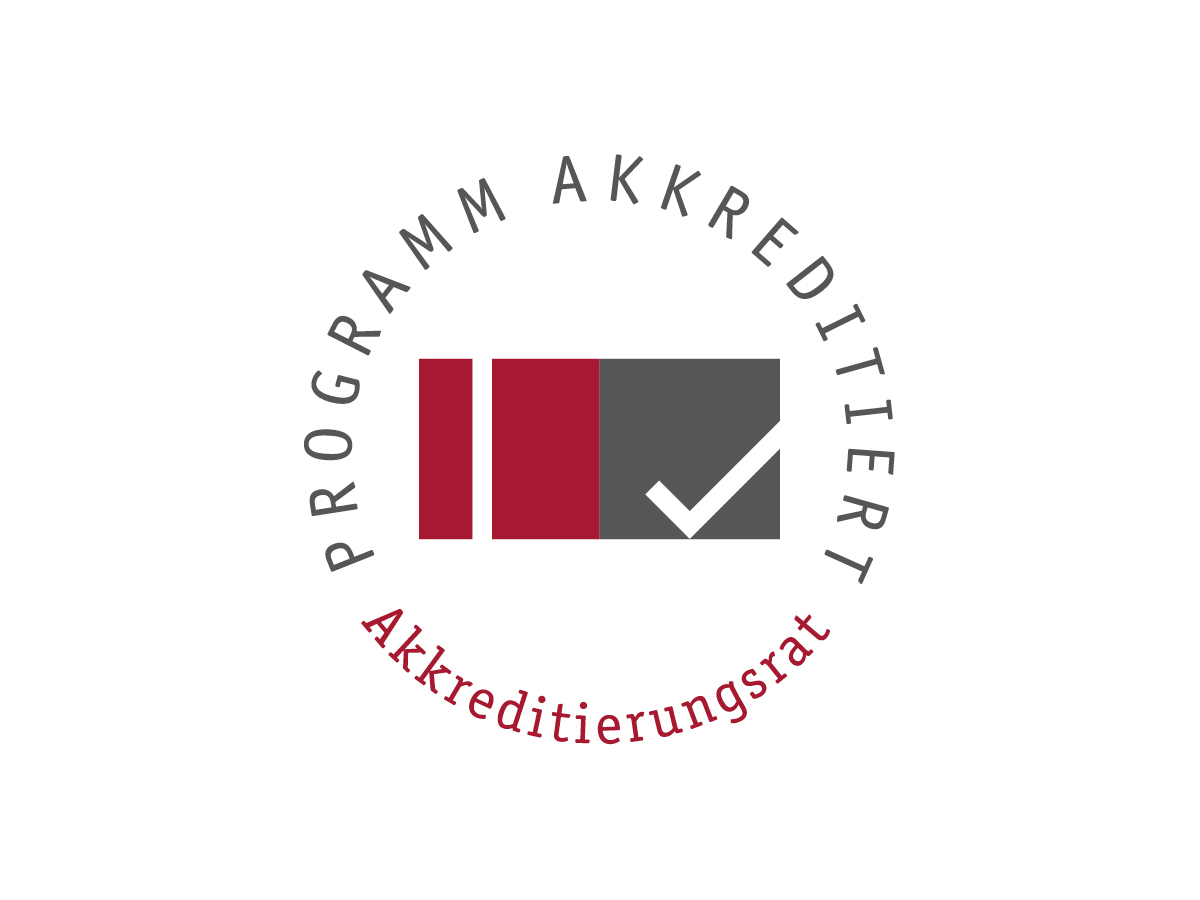Materials science and materials technology are drivers of innovation and the key to a large number of product innovations. According to the German Federal Ministry of Education and Research, more than 70 percent of the gross national product in Western technology countries is directly or indirectly related to the development of new materials. In Germany, the sector generates an annual turnover of almost one trillion euros and employs around five million people.
Materials science and materials engineering create solutions to pressing issues of the future. New materials are more durable and safer and contribute to resource efficiency. In addition, new materials help to achieve climate protection targets and a better energy supply, enable sustainable mobility, provide new diagnostic and therapeutic options in the healthcare sector and make everyday life easier for older people.
Materials technology makes important contributions to the expansion of Germany's leading global position in key sectors such as mechanical engineering, chemistry, precision mechanics and optics, construction and the automotive industry. Modeling and simulation support the targeted development of new materials.
Job profile and labor market
We benefit from the diversity of materials science research in all areas of life: the car, for example, requires sophisticated materials and combinations of materials, from metals and plastics to a wide variety of functional materials for electronics, sensors or "thinking" glass panes.
This is where materials scientists and materials engineers come in. During their studies, they acquire a broad-based knowledge of natural sciences and technology, which enables them to work in all technical areas in which existing materials are improved or new materials are developed:
- Research (material properties and new developments)
- Manufacturing industry (plastics, glass, steel, ceramics, precious metals ...)
- Material testing (public and private institutes)
- Industrial plant engineering (worldwide project business)
- Industrial services (process optimization, management consulting, self-employment)
- Public service
The high level of development in materials research and materials technology and the broad spectrum of expertise are a special feature of Clausthal University of Technology and provide a good basis for a successful career in these fields.
Specialist focus
The aim of the degree program is to provide a solid and challenging scientific education, with which a special competence in the field of materials science and materials engineering is acquired and which builds on solid engineering fundamentals. The degree program focuses on the following areas:
- Metallic materials (steels, light metals)
- Metallurgy (foundry technology, forming technology, process technology)
- Non-metallic-inorganic materials (glasses, ceramics, binders)
- Plastics technology
- polymers
Structure of the study program
General topics
- Mathematics
- Experimental Physics
- Inorganic Chemistry
- Organic Chemistry
- Physical Chemistry
- Engineering Mechanics
- Materials Science
- Materials Engineering
- Materials analysis
- Law
- Business Administration
- Industrial internship
Materials Science
- Advanced Experimental Physics
- Electrochemistry
- Numerical Mathematics
- Research internship
Materials Engineering
- Electrical Engineering
- Metrology
- Project work

Dr. Leif Steuernagel
Phone: +49 5323 72-2947
Fax: +49 5323 72-2324
E-mail: leif.steuernagel@tu-clausthal.de
Institute of Polymer Materials and Plastics Technology
Agricolastraße 6
38678 Clausthal-Zellerfeld
Overview
Type: Bachelor's degree programme
Duration: 6 semesters
Language of instruction: German
Degree: Bachelor of Science (B.Sc.)
Admission requirement: Higher education entrance qualification
Start of study: The winter semester is recommended
Accreditation: ASIIN certificate
accredited until 30.09.2025
Beginning of studies
Welcome Weeks (before lectures begin)
TU Clausthal supports students as they start their studies with various event formats.
Pre-mathematics course (before lectures begin)
The Institute of Mathematics offers a pre-mathematics course for all first-semester students (in German).
These degree programmes may also interest you
Energy and material physics
Mechanical Engineering
Sports Engineering
Subsequent Master's programmes
Materials Science and Engineering
Energy and Materials Physics
Documents
Course Flyers
Model Study Plans
- Model Study Plan for both Study Tracks - Start in Winter Semester
- Model Study Plan for both Study Tracks - Start in Summer Semester
Examination Regulations
Internship Regulations
Elective Course Catalogues
Module Handbooks


